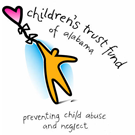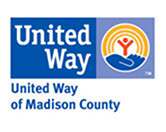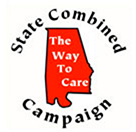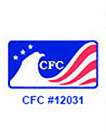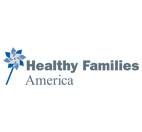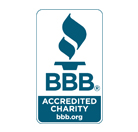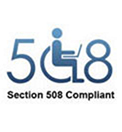Recent study: Most trafficking cases affiliated with Children’s Advocacy Centers involve white female victims who knew the offender
Huntsville, AL – A study in an unidentified Midwestern state involving human trafficking cases presenting at Children’s Advocacy Centers (CACs) reveals CACs are the ideal organizations to provide support and services to child survivors of sex trafficking.
The study, featured in the July 2021 edition of the Journal of Child Sexual Abuse, identified the most common characteristics of child victims of trafficking. More than 93% of the victims presented at CACs were female and nearly 60% were white. Most of these victims knew the trafficker, as is the case with most victims of child sexual abuse.
“We know that more than 90% of victims of child sexual abuse know their abuser,” said Chris Newlin, Executive Director of the National Children’s Advocacy Center. “That number jumps even higher with the trafficking cases we see at the NCAC. 100% of our recent cases involved a victim and suspect who knew each other.”
According to the study, CACs – including the NCAC in Huntsville – are most equipped to handled trafficking cases. As with every case of sexual abuse, CACs use the multidisciplinary team approach, working collaboratively with law enforcement, prosecutors, child protective services, and other private sector partners. Children receive forensic interviews, medical exams, and evidence-based therapy in support of law enforcement and prosecutors handling the criminal proceedings against the suspect.
“We know the multidisciplinary approach works for victims of sexual abuse. We know evidence-based therapy is a game-changer for a child who has experienced abuse. It stands to reason, this same approach will be beneficial to children who have been exploited by traffickers,” said Newlin.
The article authors say improved data collection will help identify more victims of trafficking and children who are at high risk of being trafficked A survey conducted by the NCAC in 2018 revealed similar findings, and in addition to more data – adequate training must be provided for agencies and professionals responding to trafficking. At the request of the Department of Justice, the NCAC was asked to develop a Guidebook for CACs responding to child victims of trafficking, and this should be released very soon.
See the 2018 NCAC Report on Human Trafficking and Commercial Sexual Exploitation of Children here.
It is also important to note, nearly all of the trafficking cases investigated by the Madison County Multidisciplinary Team have a component similar to non-trafficking sexual abuse cases. In most cases, the victim knows the abuser or trafficker and trusts them. It is often a family member or close friend, someone with access to the child – not a stranger.
Information taken from:
- Destinee L. Starcher, Valerie R. Anderson, Teresa C. Kulig & Christopher J. Sullivan (2021) Human Trafficking Cases Presenting within Child Advocacy Centers, Journal of Child Sexual Abuse, DOI: 10.1080/10538712.2021.1955791


